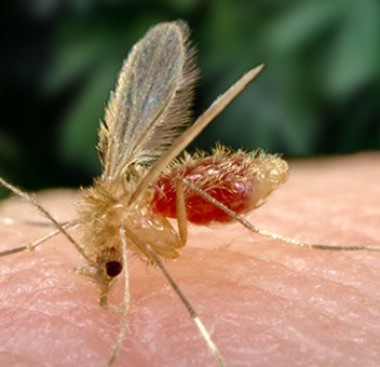ANIMAL RIGHTS NEWS FOR JANUARY 97
NAIA News, January 1997
By: Staff Date: 01/31/1997 Category: | Animal Rights Extremism |
PeTA vies for charity dollars in combined federal campaign
People for the Ethical Treatment of Animals is one of many political actions groups now benefiting from the Combined Federal Campaign, the United Way charity drive for federal workers.
Groups that qualify for donations from the campaign are required to prove they improve "health and human welfare." Workers can direct a portion of their paychecks to the campaign, either to specific charities or to a pool that benefits all 1100 charities listed.
President John F. Kennedy set up the Combined Federal Campaign in 1961 to serve the poor, but political advocacy groups sued to be included. Efforts to return to the original purpose of the fund have been rebuffed by Congress. Advocacy organizations such as Greenpeace, the National Rifle Association, the National Organization for Women, and Trout Unlimited are also on the list.
An Associated Press story about the Combined Federal Campaign noted that, in mid-December, PeTA attempted to dump a truckload of manure outside a federal building to protest approval of a menopausal drug developed from horse urine.
Doris Day Animal League sues USDA over "puppy mills"
The Doris Day Animal League has joined in a suit against the US Department of Agriculture that alleges government failure to halt cruel and inhumane practices in "puppy mills" even as USDA is proposing new rules to tighten dealer requirements. The suit is aimed at commercial puppy breeders; the new rules will affect those who buy and sell animals for research.
USDA is responsible for enforcement of the Animal Welfare Act, a set of standards and license requirements devised to protect animals sold in wholesale pet channels or used in exhibits, entertainment, and research. USDA inspectors visit licensed dealers at least once each year and respond to complaints about unlicensed facilities. The agency's Regulatory Enforcement and Animal Care division conducted 14,778 inspections of 10,705 facilities in 1994. Violators are generally given the opportunity to remedy transgressions; if they fail to do so, they are subject to fines and license suspensions.
Currently, those who sell fewer than 25 dogs and cats to research facilities per year are exempted from licensing. The new rule would lower that number to fewer than 10 animals per year so that anyone selling 10 or more animals to laboratories would be required to purchase a license and be open to inspection.
The new rule also prohibits Class B dealers from holding animal control contracts with local authorities and tightens paperwork requirements.
USDA has not yet determined the effect the changes would have on small businesses. The cost is difficult to ascertain, according to the agency; "the effect would depend on how many currently exempt businesses choose to obtain a license and continue operating."
The suit claims that USDA violates the AWA by refusing to enforce its provisions against non-retail pet dealers and sellers of hunting dogs and security dogs. Additional plaintiffs include buyers who purchased sick or injured puppies from exempt dealers and neighbors of exempt dealers who allege cruelty and abuse.
DDAL has generated thousands of letters of complaint to USDA in the past 10 years and has filed two legal petitions to force inclusion of these exempted businesses in the provisions of the act.
PeTA plays Scrooge, protests reindeer in Christmas display
The National Park Service has eliminated reindeer from Washington's official Christmas display after complaints from PeTA and other animal rights groups. Although a park service spokesman said that the nine animals did not seem to be stressed by their appearance near the national Christmas tree, the agency decided to avoid confrontation and leave the reindeer on the Virginia farm where they were raised.
About The Author
All Authors Of This Article: | Patti Strand |












